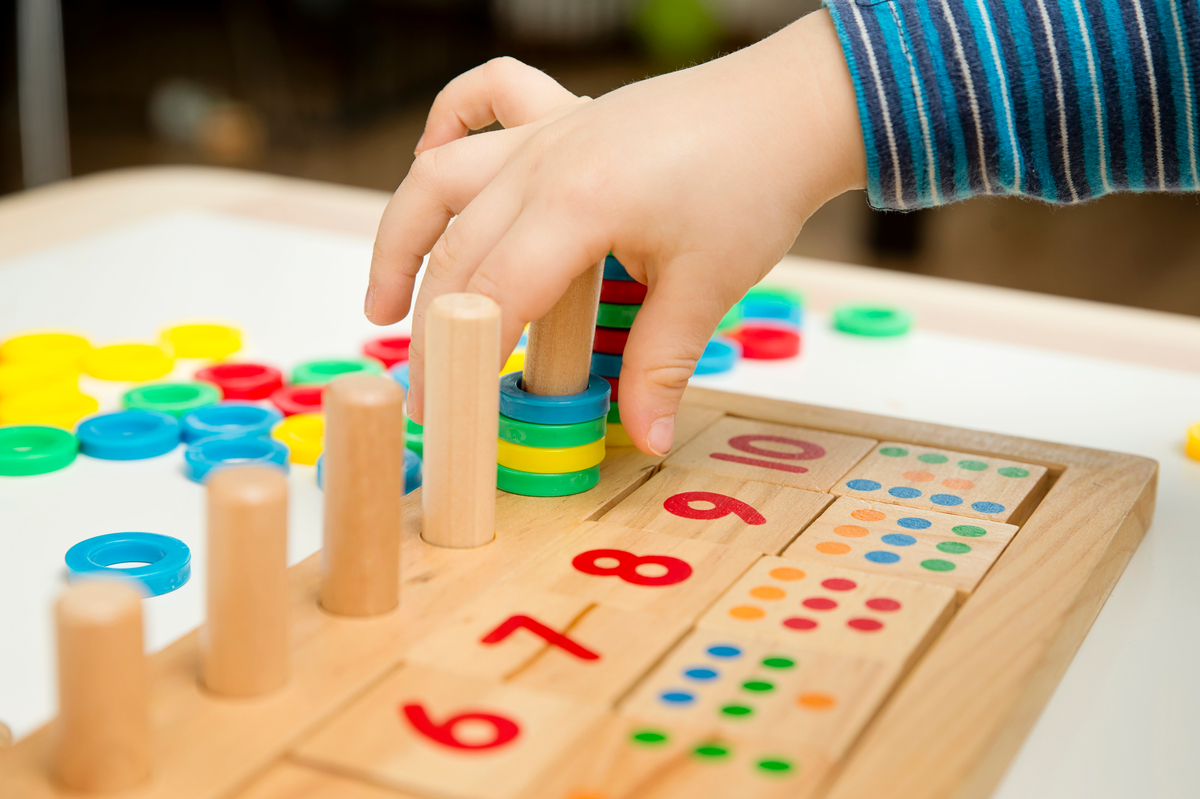
Everyone wishes their child would practise math or pick up a book whenever they are bored, but let’s be honest, most kids just want to play a game or use their tablet. The good news is there are tons of fun games available online where you can use your math skills while having fun. The question is: “Do games really help children study math?” Let’s go over some of the benefits and downsides of practising math with games.
Children love games, even when they help you learn
Everyone wants to be the parent that doesn’t hand the phone or tablet over to their child for a few seconds of peace, but sometimes it’s just easier to let them play a game while you need to get some work done. Instead of watching unboxing videos or playing games, parents can selectively choose games that are not only fun, but also allow their child to hone the skills they’ll need in the future.
Children like to be challenged. That’s part of the reason they love playing games. When your child gets used to solving a math problem to move a story forward or get new in-game bonuses, they see that the work they are putting in leads to real successes and achievements.
Some of the best skills you develop in life are not the ones you’re forced to learn and use. Instead, they are the skills that you’re passionate about. While not every child would pick math games over Pokémon, if the choices are doing worksheets or playing math games, most are going to pick the one that’s more fun. Finding engaging ways to practise, be challenged, use skills, and feel a sense of accomplishment are some of the reasons why children love games and gamified learning.
Make sure the games match the skills they have
Using games to practise knowledge and skills helps with reinforcement because it challenges children at their level. One issue to look out for when using math games is to make sure they align with a child’s current skills. If a game is fun but focuses on skills they learnt last year, your child won’t be practising newer skills — and may, in fact, get bored and lose interest quickly. On the other hand, if the math problems are too hard, your child may get easily frustrated that they’re not moving the story forward in the game and just quit.
Just like any game, do your research to make sure that the game is appropriate for your child. Starting a new game that matches what they’re learning in school helps to integrate those new skills into their daily life. Math is all about looking forward, so you don’t want your child to get too comfortable and not be challenged.
Make sure the games your child wants to play are within their skill range. There’s a good way and a bad way to be challenged. If your child gets frustrated because they don’t have the skills to move forward in a game, it might add to “math anxiety” in the future.
“Math anxiety” is a fear of math that’s not only seen in primary classrooms — but also in adults. A study by Frontiers in Psychology reports that it can be impactful well into university and even everyday life. Games are a fun way to help your child gain math confidence and foster mastery motivation.
Spark Math classes and gamified learning

Spark Math’s small group online classes are filled with fun ways for children to interact with what they are learning. Filled with original games and animation, our classes feature all the fun of practising with games, are designed by educational experts, and have exclusive content. Not to mention, students have the support and guidance of experienced ex-MOE teachers who are there to guide and teach them along the way. Students will be able to practise what they are learning in their regular curriculum, get a head start on new concepts, and even be ready for tests and math competitions.
Check out the gamified learning in Spark Math online classes with a FREE trial class today. Your child can look forward to animated explanations and highly interactive lessons that help them to master math heuristics.




